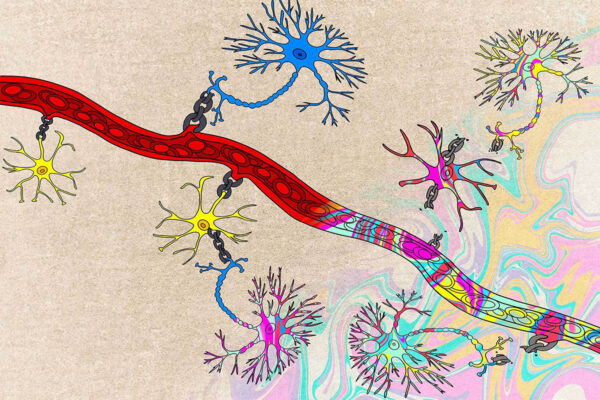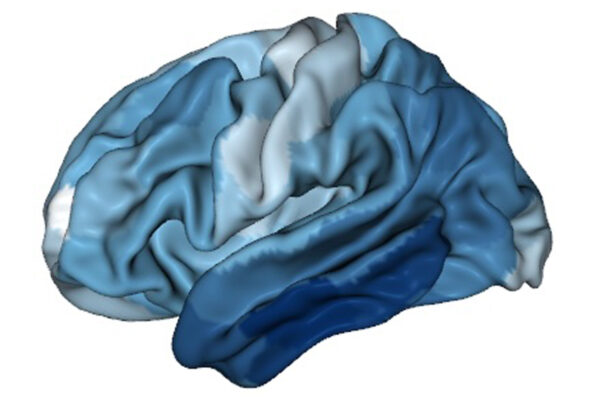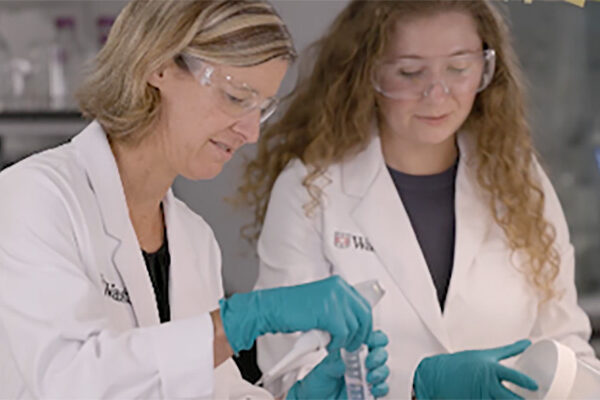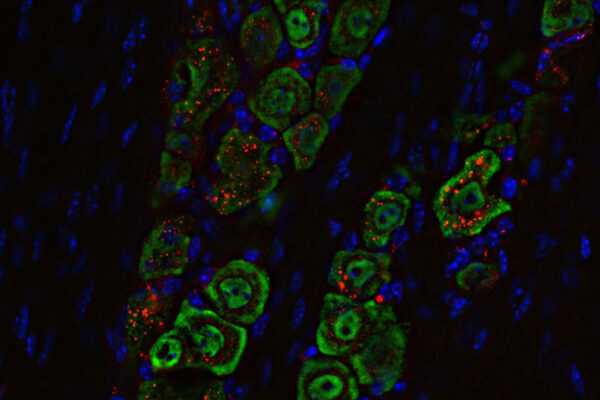Accelerating real-world impact in public health
A gift from Ann and Tony Ryan launches a School of Public Health initiative tackling global health challenges — from maternal well-being and mental health to chronic disease and climate resilience.
Psychedelics disrupt normal link between brain’s neuronal activity and blood flow
WashU Medicine researchers show that psychedelic compounds such as psilocybin appear to distort the link between blood flow and brain-cell functioning, which scientists use to track brain activity.
$5 million for brain development and Alzheimer’s degeneration study
Researchers at WashU Medicine Mallinckrodt Institute of Radiology have received a $5 million grant from the National Institutes of Health (NIH) to study how patterns of brain aging and degeneration mirror early-life experiences.
T cells found in tonsils differ in key ways from those in blood
Naresha Saligrama, of WashU Medicine, led a multi-institution team that uncovered important differences between human T cells that live in specific tissues and T cells found in the blood, with major implications for future research and diagnostics.
A scientist’s ‘a-ha moment’
Alex Quillin, PhD ’25, talks about the day she looked through the microscope and realized what she and her fellow students discovered.
$3.2 million grant funds research on computational AI in fistulizing Crohn’s disease
With a joint award from the Helmsley Charitable Trust, WashU Medicine and Emory University researchers will develop artificial intelligence software tools to improve diagnosis and treatment of a common complication of Crohn’s disease.
Halvorsen receives gerontology leadership award
Cal J. Halvorsen, an associate professor at the Brown School at Washington University in St. Louis, has received the Leadership Award from the Association for Gerontology Education in Social Work.
Amjad Musleh
In his role as head student coach at WashU Medicine, Amjad Musleh, MD, an associate professor of anesthesiology and of emergency medicine, mentors aspiring physicians in compassionate care.
Alternative sweetener sorbitol linked to liver disease
A study from researchers at Washington University in St. Louis has found connections between the alternative sweetener sorbitol and liver disease.
Nasal drops fight brain tumors noninvasively
Researchers at WashU Medicine have developed a nano-sized medicine delivered through the nose that boosts the anti-cancer immune response and successfully eliminates deadly brain tumors in mice.
Older Stories









